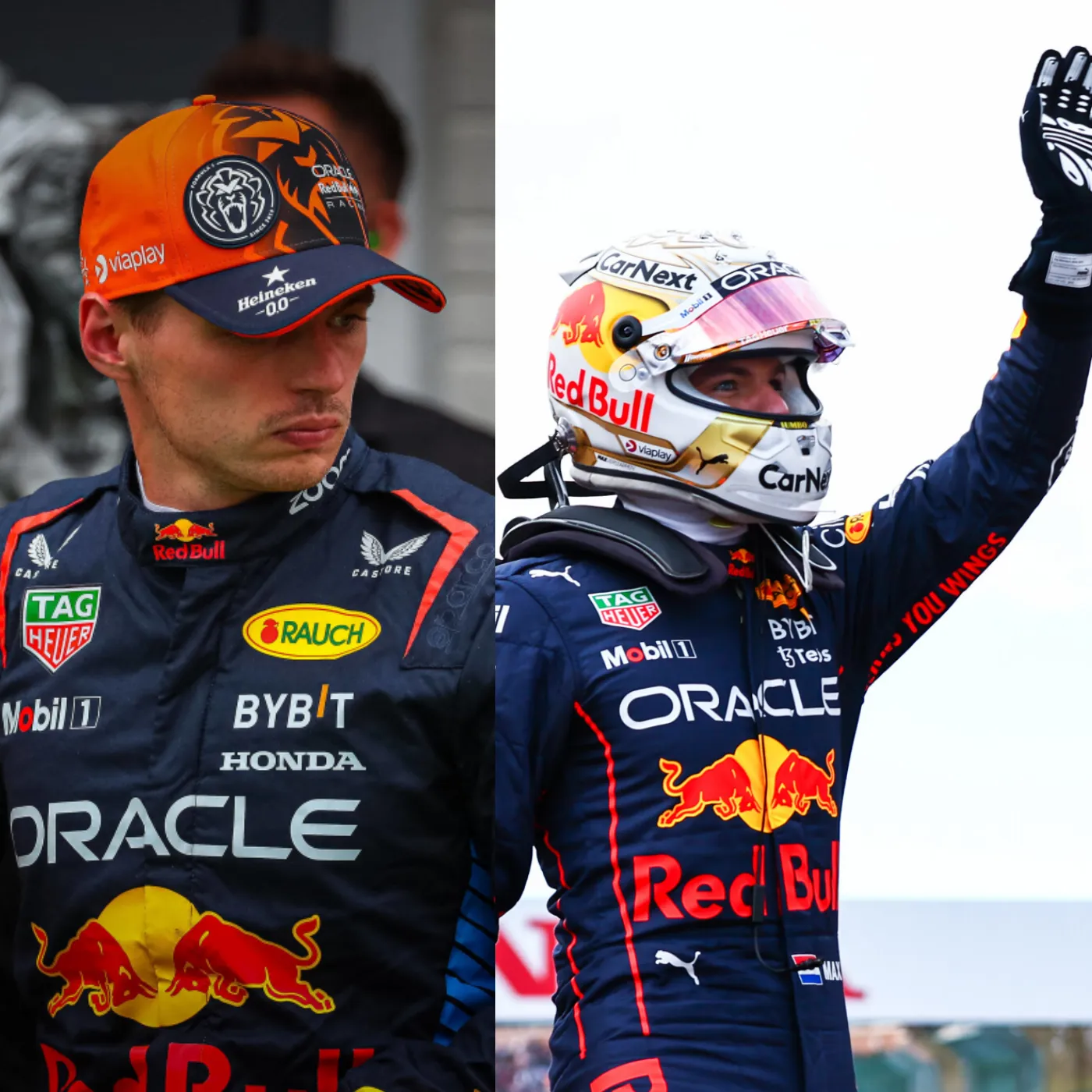FIA’s surprising decision: Verstappen has an opportunity to “turn the tables.”
In a surprising turn of events, the FIA has reconsidered a penalty imposed on Max...
In a surprising turn of events, the FIA has reconsidered a penalty imposed on Max Verstappen during the 2024 Formula 1 season, following widespread backlash from drivers, analysts, and fans alike. The decision to review Verstappen’s penalty has sparked intense debate and raised questions about the consistency and fairness of race stewarding in Formula 1.
Verstappen’s Penalty at the Mexican Grand Prix
The controversy began during the 2024 Mexican Grand Prix, where Verstappen was handed a penalty after a particularly aggressive on-track maneuver. The incident occurred as Verstappen fought for position with McLaren’s Lando Norris in the opening laps of the race. Verstappen’s defensive driving led to a collision, which the race stewards judged deserving of a time penalty. However, the penalty was met with fierce criticism from both Verstappen’s supporters and some within the F1 paddock.

Lando Norris himself admitted that Verstappen’s defensive style was difficult to counter, acknowledging the Dutch driver’s dominance in on-track battles. Nevertheless, Norris and his team felt that the penalty was unfair and inconsistent with previous stewarding decisions.
FIA Reconsiders the Decision: A Surprising U-Turn
In the face of growing public outcry and pressure from teams, the FIA made the unprecedented move to review the penalty. The organization cited “new elements” that had not been available to the stewards at the time of the original decision. This sudden reversal was seen as a victory for Verstappen, who had fiercely defended his actions following the penalty.

The Bigger Picture: Will This Reversal Impact Future Penalties?
The FIA’s decision to reconsider Verstappen’s penalty has far-reaching implications for future stewarding in Formula 1. As the governing body of the sport, the FIA’s role is to ensure fair play and safety on the track. However, as Verstappen’s case shows, the line between hard racing and dangerous driving can be thin and subjective.
If this penalty reversal sets a precedent, it could lead to more lenient rulings on aggressive driving, particularly for drivers like Verstappen, who have earned a reputation for their uncompromising approach. Conversely, it could also mean that future penalties will be scrutinized more closely, leading to even greater tension between the FIA and the drivers.





































